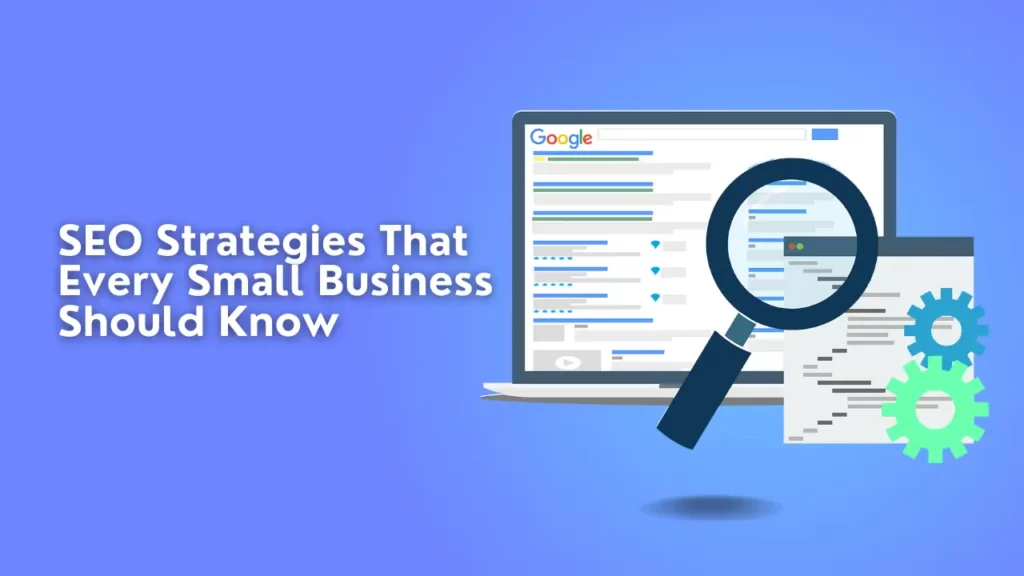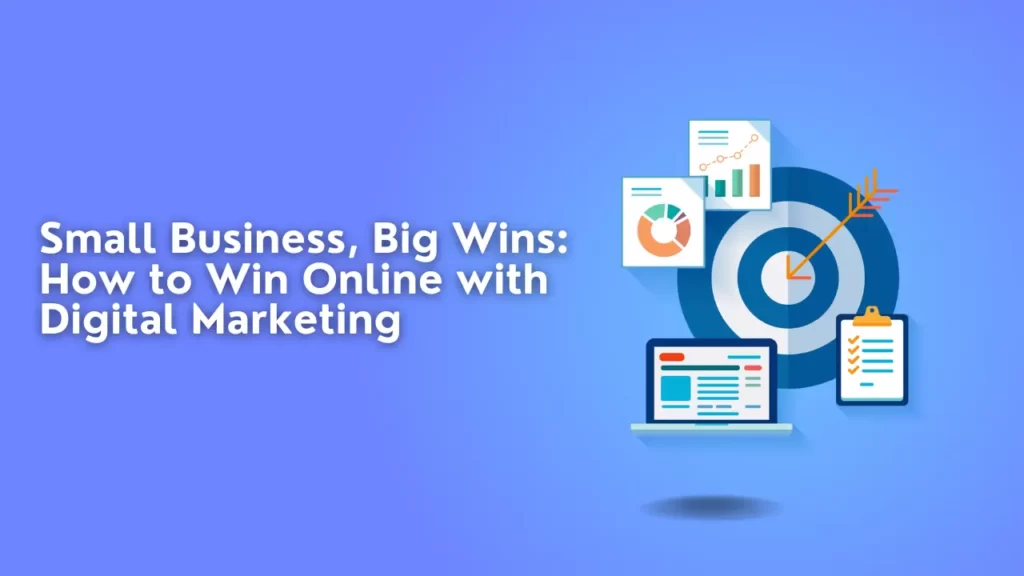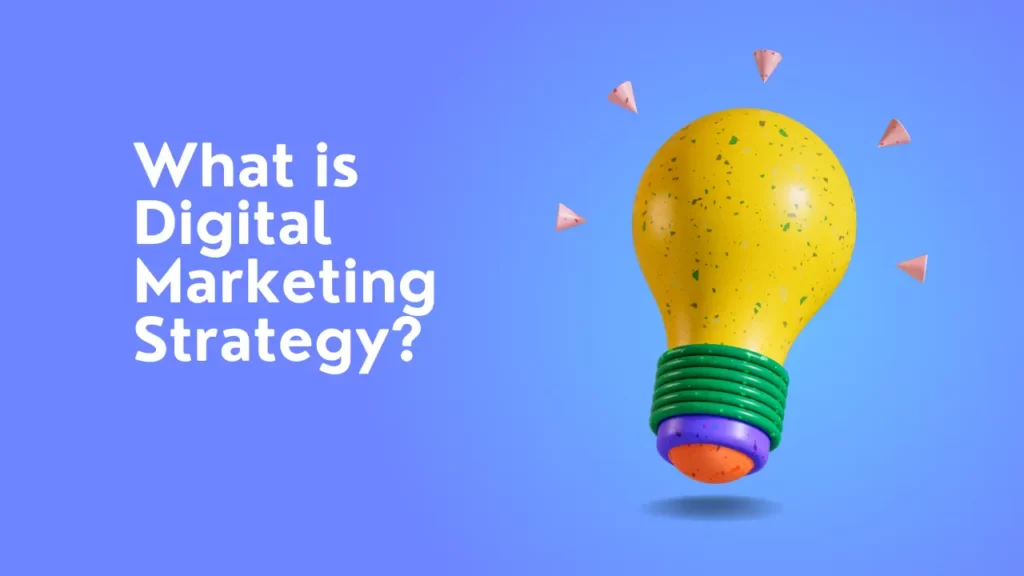SEO Strategies That Every Small Business Should Know

trulyjournalofficial January 27, 2024 3:39 pm SEO Strategies That Every Small Business Should Know In today’s digital age, having a strong online presence is more important than ever for small businesses. And what better way to boost your online visibility than by mastering SEO (Search Engine Optimization)? SEO is the practice of optimizing your website and content to rank higher in search engine results pages (SERPs), like Google. The higher you rank, the more likely potential customers will find you. Here are some essential SEO strategies that every small business should know: 1. Keyword Research: Keywords are the words and phrases that people use to search for information online. Your first step should be to identify relevant keywords that your target audience is likely to use. Tools like Google Keyword Planner and Ahrefs can help you with this. Once you have a list of keywords, prioritize them based on their search volume and competition. Focus on long-tail keywords (3 or more words) that are more specific and have less competition. 2. On-Page Optimization: Once you have your keywords, it’s time to optimize your website content and pages. This includes: Including your keywords in your website titles, meta descriptions, and headings. Writing high-quality content that is relevant to your target audience and keywords. Using internal linking to connect your website pages together. Optimizing your website images with alt tags. 3. Technical SEO: Technical SEO is all about making sure your website is crawlable and indexable by search engines. This includes: Having a mobile-friendly website. Having a fast loading website. Using a secure website (HTTPS). 4. Off-Page SEO: Off-page SEO is all about building backlinks to your website from other websites. Backlinks are like votes of confidence from other websites, and they can help improve your website’s authority and ranking in SERPs. Some ways to build backlinks include: Guest blogging on other websites. Submitting your website to online directories. Creating shareable content that people will want to link to. 5. Local SEO: If you are a local business, it’s important to optimize your website for local search. This includes: Claiming your Google My Business listing. Citing your NAP (Name, Address, and Phone Number) consistently across the web. Getting positive reviews from customers. 6. Track and Analyze Your Results: SEO is an ongoing process, so it’s important to track your results and make adjustments as needed. Use tools like Google Search Console and Google Analytics to see how your website is performing in search engines. Bonus Tips: Stay up-to-date with the latest SEO trends. Google’s algorithm is constantly changing, so it’s important to stay informed about the latest updates. Be patient. SEO takes time and effort, so don’t expect to see results overnight. Get help from a professional. If you’re not sure where to start, consider hiring an SEO agency or consultant to help you with your SEO strategy. By following these SEO strategies, you can improve your website’s ranking in search results and attract more potential customers to your business. Remember, SEO is a marathon, not a sprint. Be patient, consistent, and keep learning, and you’ll eventually see results.
Small Business, Big Wins: How to Win Online with Digital Marketing

trulyjournalofficial January 27, 2024 3:29 pm Small Business, Big Wins: How to Win Online with Digital Marketing The internet has leveled the playing field, giving even the smallest businesses a chance to take on the big guys and achieve major wins. But with so many digital marketing options out there, it can be overwhelming to know where to start. Worry not, small business heroes! Here’s your guide to conquering the online world: Know Your Strengths: Agility: You can adapt and experiment faster than big corporations. Focus: You can cater to a niche audience with personalized attention. Authenticity: You can build a stronger emotional connection with your customers. Craft a Winning Strategy: Set SMART goals: Specific, Measurable, Achievable, Relevant, and Time-bound. Aim for tangible results, like website traffic growth or lead generation. Know your audience: Who are you trying to reach? What are their needs and online behavior? Choose your channels wisely: Focus on platforms where your audience spends time. Don’t try to be everywhere at once. Content is king: Create valuable and engaging content that answers your audience’s questions and solves their problems. Optimize and track: Use analytics tools to measure your performance and adjust your strategy accordingly. Go-to Digital Weapons: SEO: Make your website easily discoverable in search engines like Google. Content marketing: Share valuable blog posts, articles, videos, and social media content to attract and engage your audience. Social media: Build communities, run targeted ads, and interact with your customers directly. Email marketing: Stay connected with your audience, nurture leads, and promote your products or services. Paid advertising: Boost your reach and target specific demographics with paid ads on Google, social media, and other platforms. Winning Tactics for Small Businesses: Build trust and transparency: Share your story, showcase your values, and be authentic. Hyper-personalize: Tailor your content and offers to individual customer needs. Embrace user-generated content: Encourage customers to share their experiences and build social proof. Partner with other small businesses: Cross-promote each other and reach new audiences. Run targeted campaigns: Focus on specific goals and track results to maximize ROI. Remember: Consistency is key: Regular engagement is crucial for building trust and brand awareness. Data is your friend: Use analytics to understand what’s working and what’s not. Be patient: It takes time to build a successful online presence. Celebrate small wins and keep learning. By leveraging your strengths, implementing a smart strategy, and using the right tools, you can achieve big wins online as a small business. Go out there and slay those digital dragons!
What is Digital Marketing Strategy?

What is Digital Marketing Strategy? A digital marketing strategy is essentially a roadmap that guides your online marketing efforts to achieve specific business goals. It’s about using the vast landscape of digital channels – from social media to websites and search engines – to reach your target audience, engage them, and ultimately convert them into loyal customers. Here’s a breakdown of what it entails: Key Goals: Defining your objectives: What do you want to achieve with your digital marketing? Is it increasing brand awareness, driving website traffic, generating leads, or boosting sales? Having clear goals is crucial for measuring success. Understanding your audience: Who are you trying to reach? Identifying your ideal customer profiles, their online behavior, and preferred channels helps tailor your messaging and tactics. Channel selection: Not all channels are created equal. Choosing the right digital platforms (search, social media, email, etc.) depends on your audience and goals. A strong website is often the base for all your digital efforts. Content creation: Valuable and engaging content is the fuel for your digital marketing engine. This could include blog posts, videos, infographics, social media updates, and more. Optimizing and measuring: Tracking your performance is essential for understanding what’s working and what’s not. Using analytics tools helps you refine your strategy and adjust tactics for better results. Benefits of a strong digital marketing strategy: Reach a wider audience: Online platforms give you access to a global audience compared to traditional marketing methods. Cost-effective: Digital marketing allows for targeted campaigns, potentially reaching your ideal customers with a smaller budget than traditional media. Trackable results: With analytics, you can measure the impact of your efforts and make data-driven decisions. Increased engagement: Two-way communication through online channels fosters stronger relationships with your audience. Brand building: Effective digital marketing helps build brand awareness and establish your presence in the online space. Remember, a successful digital marketing strategy is not a one-time thing. It’s an ongoing process of planning, implementing, measuring, and adapting based on data and the ever-evolving digital landscape.
